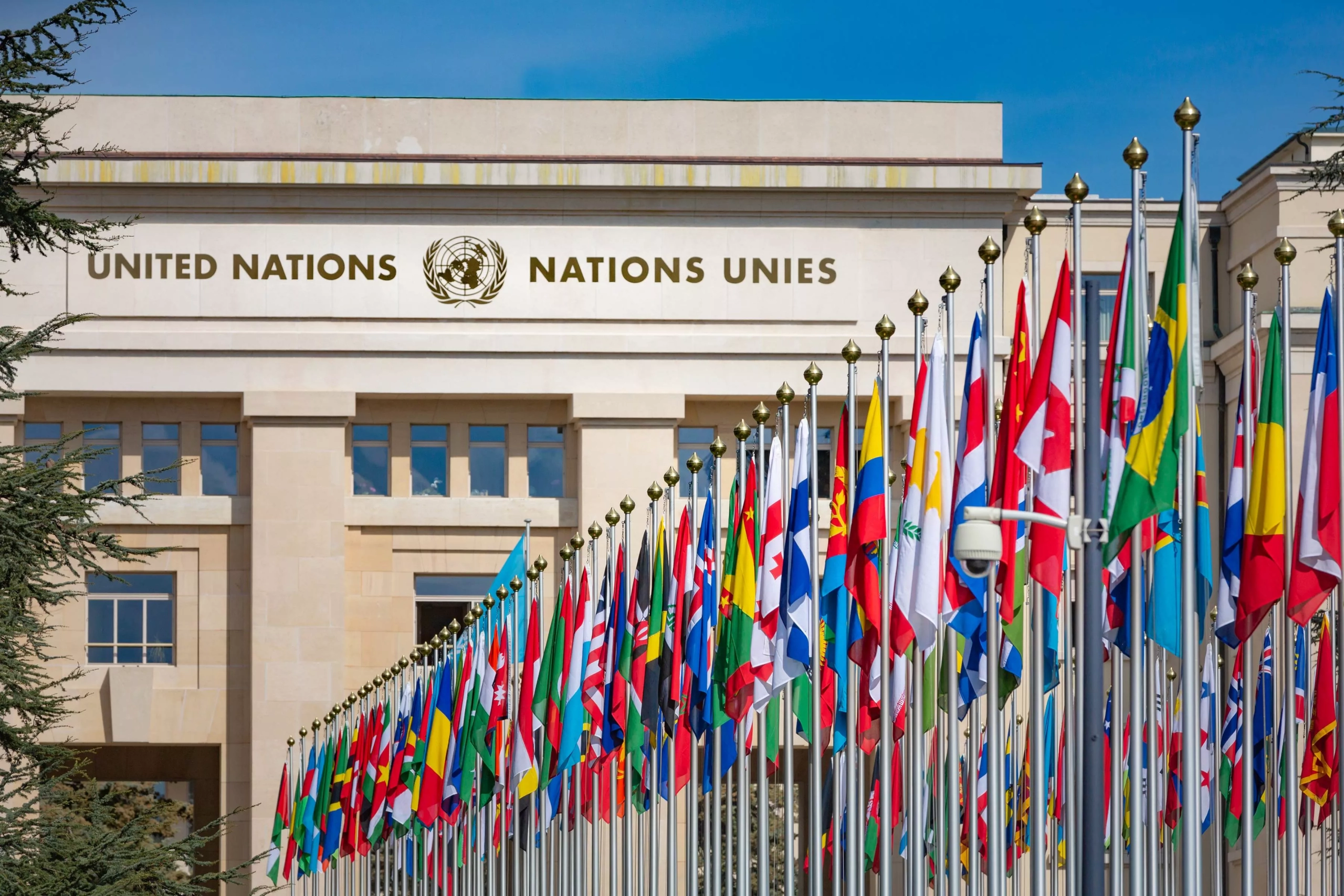Urgent action is required to save millions of children from the looming threat of severe malnutrition in Nigeria’s North-East, according to Mohammed Fall, Nigeria’s Resident Coordinator for the United Nations Office for the Coordination of Humanitarian Affairs (UN-OCHA).
Speaking on Monday during a visit to the Stabilisation Centre, a specialized hospital for treating malnourished children in Yola, Adamawa State, Mr. Fall highlighted the critical situation. His visit coincided with the 2024 World Humanitarian Day, themed “#Act for Humanity.”
UN-OCHA estimates that 4.8 million people in the region are expected to face food insecurity during the lean season, with approximately 230,000 children at risk of life-threatening severe malnutrition. Despite the urgent need, a lean season response plan seeking $306 million to address the crisis is currently only 30 percent funded.
“As we commemorate the 2024 World Humanitarian Day, it is only fitting that we stand in solidarity with the vulnerable children whose lives hang in the balance, with mothers struggling to feed their families, and with boys and girls who have been forced by dire circumstances to take on adult roles to support their households. These individuals need our collective humanity,” Mr. Fall stated.
He called on humanitarian partners and stakeholders to address the severe food insecurity and malnutrition afflicting Borno, Adamawa, and Yobe states, urging a collective mobilization of resources to support these at-risk populations.
During his visit to the Yola Stabilisation Centre, which is supported by the International Rescue Committee and UNICEF, Mr. Fall witnessed the dire conditions firsthand. “The scenes I encountered were heart-wrenching—babies fighting for their lives. It is unacceptable that such suffering exists in our world today. We must unite and take action for humanity to end their plight,” he said.
Mr. Fall expressed concern over the immense burden placed on families struggling to afford the cost of food, emphasizing that malnutrition severely hampers children’s physical and intellectual development, potentially preventing them from ever reaching their full potential. “I met mothers who were both hopeful and worried—hopeful that their children would recover, yet fearful that they might fall ill again due to the lack of access to nutritious food. I share their concerns, as our ability to support these efforts is rapidly diminishing. The resources and global solidarity that were mobilized during the COVID-19 response are no longer as readily available,” he noted.
Despite these challenges, Mr. Fall expressed optimism about the support from federal and state governments in addressing the crisis. “What gives me hope is the collaborative effort between the state government and development partners to bring relief to those in need. The humanitarian space is where the true essence of humanity is expressed—where humanitarian workers risk their lives to save others, reduce vulnerability, protect, and help people rebuild their lives,” he added.
Sani Mohammed, a medical practitioner at the centre who accompanied Mr. Fall during his tour, disclosed that the facility receives an average of 96,000 patients annually from within and outside Adamawa State, underscoring the vast scale of the crisis and the urgent need for sustained support.




